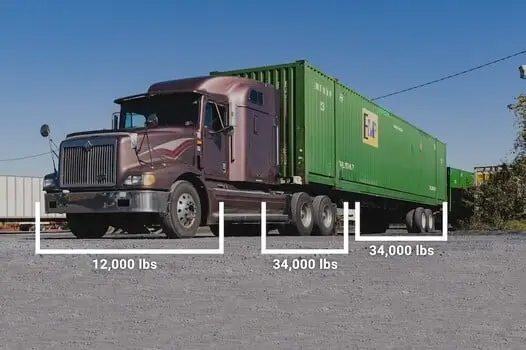
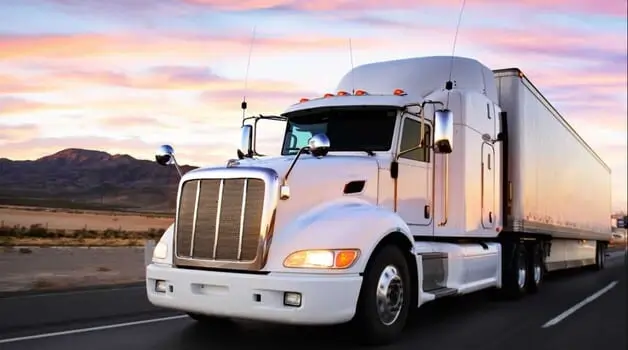
October 18, 2022

2608 Views

5 min read
The Evolution Of Retail Freight In The E-Commerce Boom
Page Contents
The e-commerce boom has had a profound effect on the retail freight industry. In the past, retailers would send their goods to brick-and-mortar stores via a network of distribution centers.
Today, however, a significant portion of retail goods are sold online and shipped directly to consumers. This shift has resulted in a need for new types of freight services that can accommodate the unique demands of e-commerce shipping.
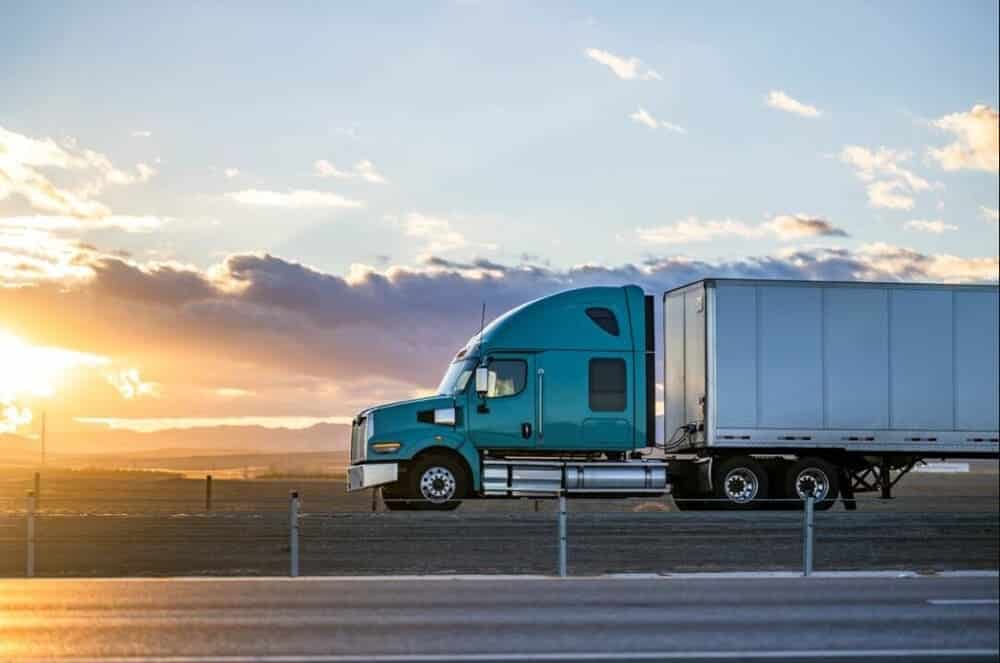
In this article, we’ll look at the evolution of retail freight, from the early days of mail order catalogs to the modern age of online shopping. We’ll explore the challenges retailers face in shipping their goods and the different types of freight services developed to meet these challenges.
We’ll also discuss the future of retail freight and how the industry will likely change in the future.
History Of Retail Freight
The origins of retail freight can be traced back to the early days of mail order catalogs. In the 19th century, companies like Sears, Roebuck, and Company began selling goods via mail. These catalogs allowed consumers to purchase items without visiting a store in person.
To fulfill these orders, retailers needed a way to ship goods from their warehouses to the customer’s doorstep. This created a need for freight services that could handle the transportation of retail goods.
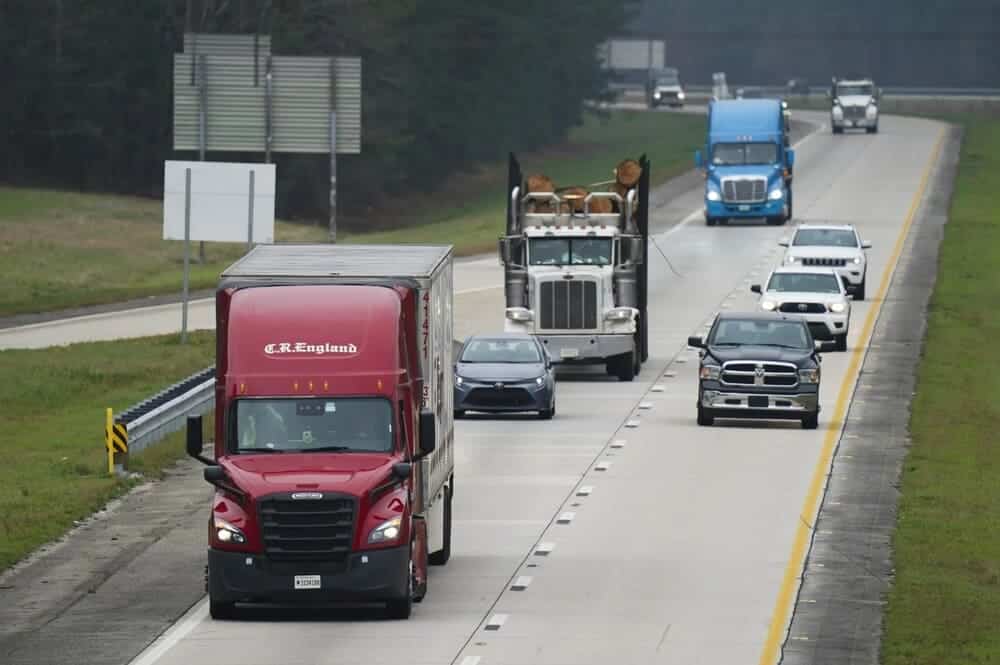
FOR COMPREHENSIVE FLEET
MANAGEMENT SOLUTIONS
The Rise of E-Commerce
E-commerce has been growing rapidly in recent years and shows no signs of slowing down. In 2021, global e-commerce sales reached $4.8 trillion, up from $3.53 trillion in 2020. This growth is driven by several factors, including the increasing popularity of mobile shopping and the expansion of e-commerce into new markets.
As e-commerce has grown, so too has the demand for e-commerce shipping. In 2020, e-commerce accounted for 19.3% of all retail sales in the United States. This trend is expected to continue, with e-commerce sales projected to reach 22.4% of total retail sales by 2023.

Retail Freight Service Specialists
To meet the needs of e-commerce businesses, a new breed of freight service providers has emerged. These companies specialize in shipping small packages to consumers and offer a number of advantages over traditional freight companies.
First, retail freight service providers have extensive experience in e-commerce shipping. They understand the unique challenges involved in shipping small packages to consumers and have developed efficient systems to overcome these challenges.
Second, retail freight service providers offer a wide range of services that can be customized to meet the needs of each individual e-commerce business. From same-day delivery to order tracking and returns management, these companies offer a comprehensive suite of services that can be tailored to the specific needs of each business.
Third, retail freight service providers typically offer lower rates than traditional freight companies. This is because they have developed relationships with major e-commerce platforms and can pass on these discounts to their customers.
Fourth, retail freight service providers offer a higher level of customer service than traditional freight companies. These companies understand that e-commerce businesses rely on their shipping services to build and maintain good customer relationships. As a result, they offer 24/7 customer support and tracking tools that allow e-commerce businesses to keep their customers informed about the status of their orders.
The Future of Retail Freight
The retail freight industry is undergoing a period of change and transformation. The rise of e-commerce has created new challenges and opportunities for freight service providers. In response, a new breed of retail freight service specialists has emerged to meet the needs of e-commerce businesses.
Looking to the future, it is clear that the retail freight industry will continue to evolve. E-commerce is expected to grow rapidly in the coming years, which will likely lead to further changes in how goods are shipped and delivered. As e-commerce grows, so too will the demand for retail freight services. This means that we can expect to see more innovation and development in the retail freight industry in the years to come.
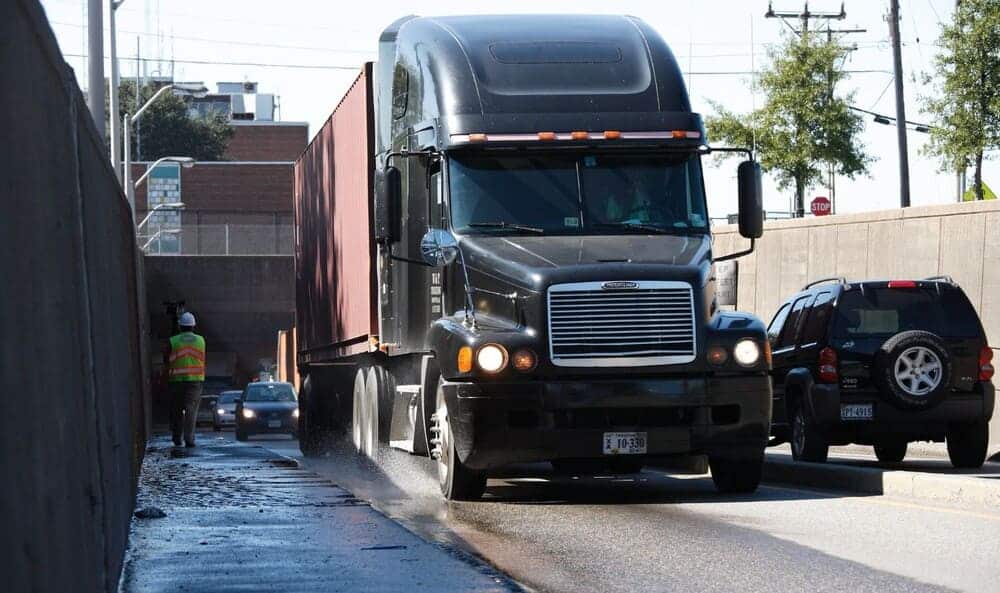
What Does The Demand For Perfection In Retail Shipping Equate To?
The e-commerce boom has put immense pressure on retail freight systems. Online shoppers have high expectations regarding the speed and accuracy of their deliveries. This has created a need for efficient, forward-thinking freight solutions that can keep up with the demand.
The perfectionism that is now required of the retail freight industry originates in the e-commerce boom. This newfound demand can be accredited to several reasons, including the increasing popularity of mobile shopping and the expansion of e-commerce into new markets.
Ecommerce has had a profound impact on the retail freight industry. The need for speed and accuracy has put immense pressure on freight systems. In response, we find constant innovation and development in retail freight. This industry is one to watch as e-commerce continues to grow in popularity.
Sign up for Exclusive Trucking Tips
Test







